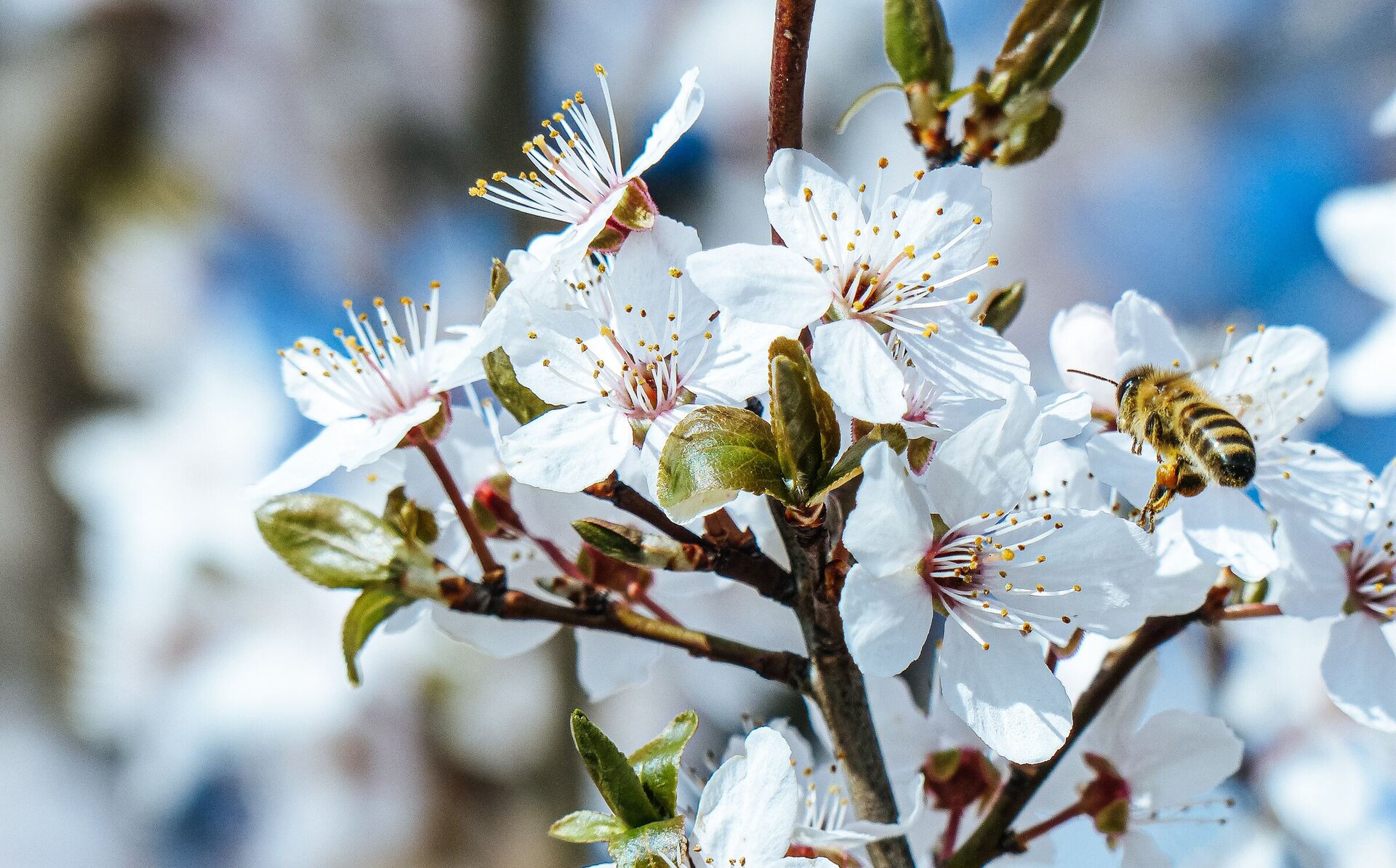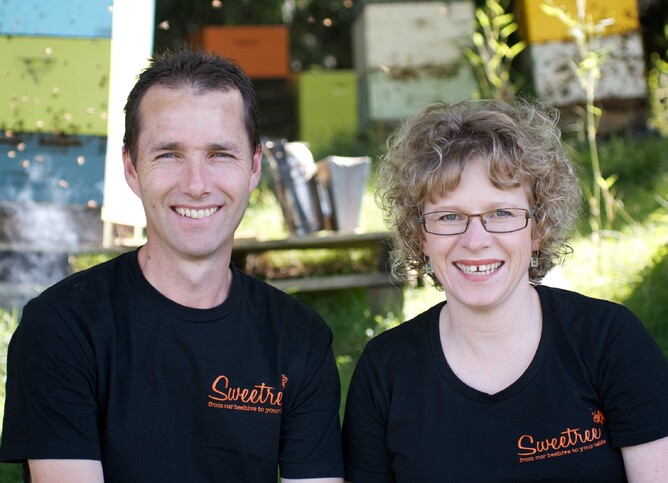August is Bee Aware Month and the National Beekeepers Association wants the Government to take threats to bees much more seriously.
Bees account for over $5 billion of New Zealand’s economy through honey exports and the pollination of crops. But all wild bees have been wiped out by the varroa mite which is also threatening the rest of our bees.
‘‘The varroa mite is one of the biggest threats facing our Kiwi bees. It has spread throughout the country and we desperately need to contain this pest,’’ says NBA chief executive Daniel Paul.
Rototuna apiarists Martin and Stephanie Lynch are coping well and their list of achievements include top placings in National Beekeeper’s Association awards. Sweetree Honey took out second overall in the honey competitions, was first in the Beekeepers Special Reserve Honey category, first place in the Dried Bee Pollen division and third in the Products of the Hive with a Propolis Tincture.
What started out as a lifestyle block hobby has become a full time business for the Lynch family. Through along interest in bee keeping, which ran in Martin’s family, keeping hives was a more attractive option than running stock.
Sweetree Honey hives are sited on the couple’s River Rd property, in the Hakarimata Ranges, in the
Marokopa Valley and in the Four Brothers Reserve, on the Raglan Rd.
To help protect kiwi bees Martin and Stephanie recommend that people garden organically. It is not just varroa mite which threatens bees but toxic garden sprays. ‘‘If you struggle with organic gardening then look for bee friendly sprays and use them at dusk when the bees are back in their hives. Avoid neonicotinoids containing acetamiprid, imidacloprid, thiacloprid and thiamethoxam. ‘‘Also avoid spraying when plants are in flower,’’ they say.
The NBA is calling for donations to help fund research and find a solution to the varroa problem. The NBA says other threats to New Zealand bees are pesticides a lack of nutrition for bees and potential honey imports.
‘‘The government is considering allowing honey imports into New Zealand from various countries. But honeys from around the world can bring in a range of pests and diseases that would pose significant biosecurity risks for our bees.’’
‘‘Kiwi bees need our help. In some countries bees are dying in huge numbers. There are some concerning bee deaths here in New Zealand, but so far things aren’t as bad as they are overseas. We need to do all we can to help protect our bees and stop the situation getting worse.’’
The NBA urges New Zealanders to plant more bee friendly plants and to use more bee-friendly sprays in their gardens. It also wants to undertake the first ever nationwide ‘Bee Health’ survey to find out what’s really happening to our Kiwi bee populations.







